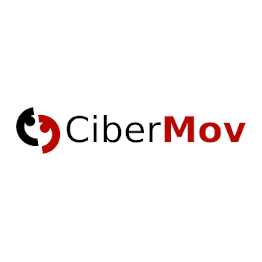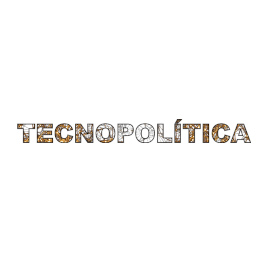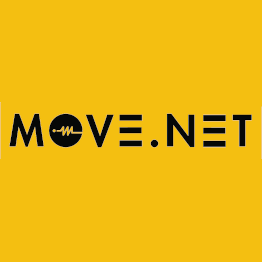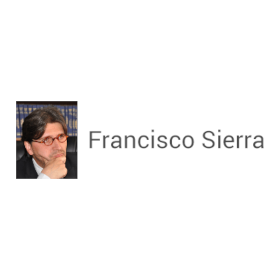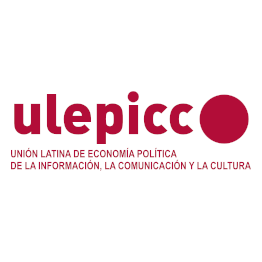
Carr, Paul R., Hoechsmann, Michael & Thésée, Gina (2018).
Leiden: Brill.
ISBN: 978-94-6351-228-2.
Participatory media 2.0 have shifted the terrain of public life. We are all—individually and collectively—able to produce and circulate media to a potentially limitless audience, and we are all, at minimum, arbiters of knowledge and information through the choices—or clicks—we make when online. In this new environment of two-way and multidimensional media flow, digital communication tools, platforms and spaces offer enormous potential for the cultivation, development and circulation of diverse and counter-hegemonic perspectives. It has also provoked a crisis of communication between oppositional “echo chambers.”
Democracy requires a functioning, critically-engaged and literate populace, one that can participate in, cultivate and shape, in meaningful and critical ways, the discourses and forms of the society in which it exists. Education for democracy, therefore, requires not only political literacy but also media and digital literacies, given the ubiquity and immersiveness of Media 2.0 in our lives.
In Democracy 2.0, we feature a series of evocative, international case studies that document the impact of alternative and community use of media, in general, and Web 2.0 in particular. The aim is to foster critical reflection on social realities, developing the context for coalition-building in support of social change and social justice. The chapters herein examine activist uses of social and visual media within a broad and critical frame, underpinning the potential of alternative and DIY (Do It Yourself) media to impact and help forge community relationships, to foster engagement in the civic and social life of citizens across the globe and, ultimately, to support thicker forms of democratic participation, engagement and conscientization, beyond electoralist, representative, normative democracy.
Salomé Sola Morales, investigadora del grupo, contribuyó con el capítulo «The Battle for the Universal and Free Education in Chile: The Use of YouTube in the student Protests of 2011».
